'Considerable uncertainty' ahead after Fed hikes rates, Goldman Sachs says
From CNN's David Goldman
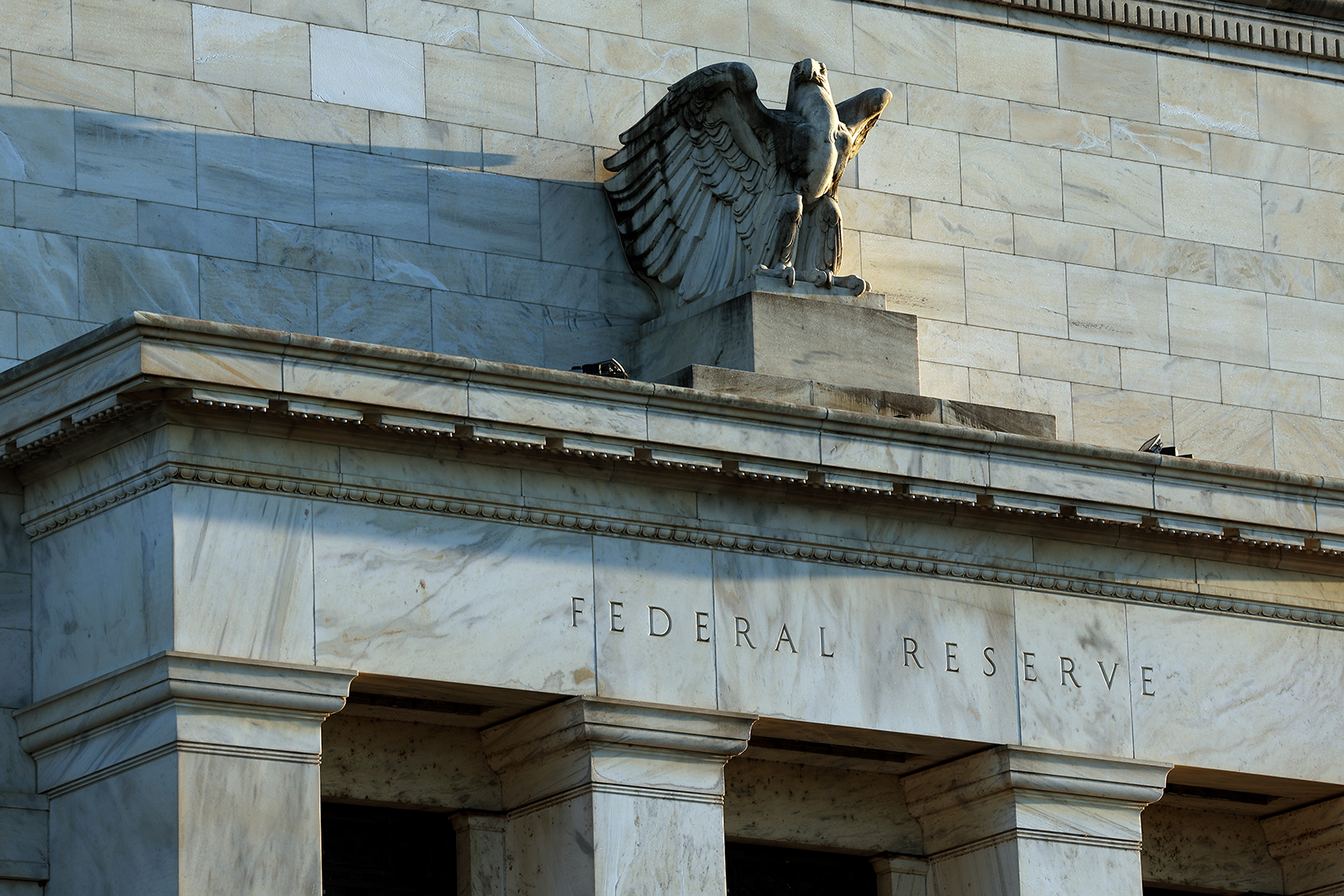
Goldman Sachs expected the Fed would not hike rates today. That forecast didn't come true. But the Wall Street bank now believes the Fed will have a difficult path ahead to keep both the economy and the banking sector healthy.
“Despite the Fed pressing ahead with a [quarter-point] rate hike today, we see considerable uncertainty in the path ahead and would downplay the significance of updated economic ... projections in such a fast-moving environment," said Ashish Shah, Goldman's chief investment officer of the company's public investing business.
Shah said Goldman believes the Fed will be forced to make decisions about rates and other policies based on both the banking sector and data about the economy.
"Concerns over capital constraints can fast change the economic outlook," Shah noted. Although Goldman believes more rate cuts could come in the future, it predicts the Fed will pause for a bit. The Fed, similarly, predicted Wednesday that rates will be exactly the same at the end of the year (around 5%) as they are now.
“It is difficult to pinpoint where and when further vulnerabilities may unfold, but we think areas that benefited the most from low rates and low inflation may be the most exposed," Shah said.
Fed predicts higher unemployment and lower economic growth this year
From CNN's David Goldman and Alicia Wallace
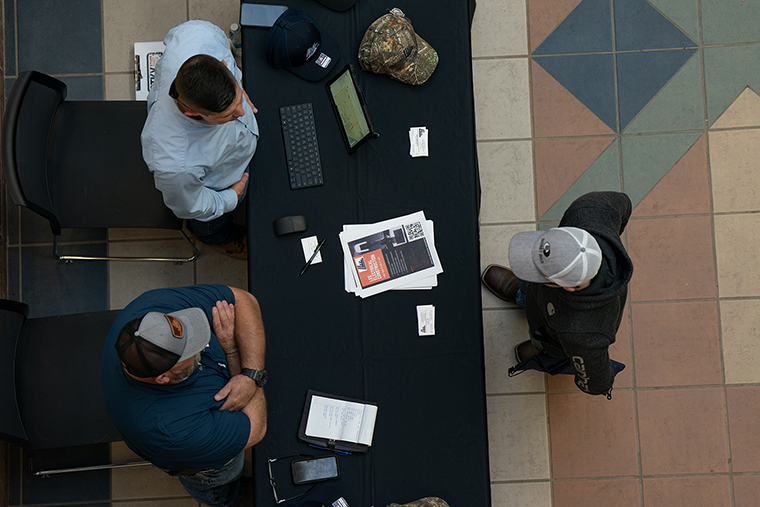
The Fed released its economic projections Wednesday. Although not much changed from its previous outlook released in December, the Fed has grown somewhat more pessimistic about the economy while very slightly more optimistic about the labor market in 2023.
In its latest forecast, the Fed expects the US economy will grow by a measly 0.4% this year — lower than the also-puny 0.5% expected economic expansion in December.
However, the Fed now believes unemployment will rise to 4.5%, up from the current 3.6% rate. That's a slightly better forecast than the 4.6% unemployment rate the Fed had anticipated in December.
Assuming no change in the labor force, that would mean 1.5 million more people would be unemployed by the end of the year, according to the Fed's projections.
Inflation will continue to slide this year, the Fed thinks — just not as much as it had previously hoped. The central bank believes its favorite inflation metric, the Personal Consumption Expenditures index, will grow by 3.3% this year, more than the 3.1% it had predicted in its previous forecast.
The Fed lifts rates by a quarter point as banking turmoil complicates inflation fight
From CNN's Nicole Goodkind
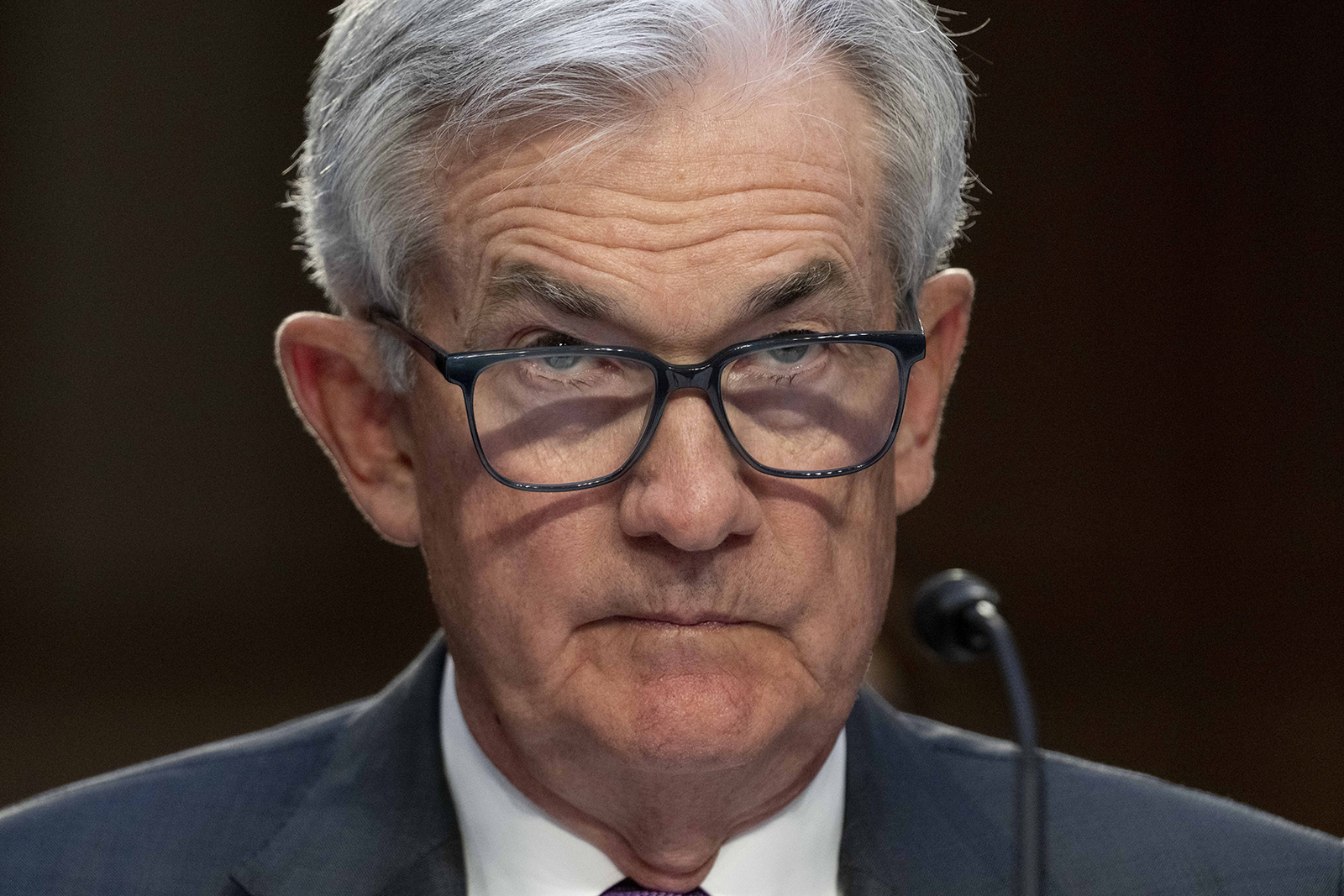
The Federal Reserve raised interest rates by a quarter point on Wednesday as it attempts to fight stubbornly high inflation while addressing risks to financial stability.
Investors and economists had widely anticipated the quarter-point increase — or even a pause — amid the meltdown in the banking sector.
Still, Federal Reserve Chairman Jerome Powell and policymakers entered their second policymaking meeting of the year surrounded by an unusual level of uncertainty as the landscape surrounding the financial system continues to shift.
The central bank’s mission in battling inflation became much more difficult over the past few weeks as the collapse of several banks meant the Fed had to balance a potential financial crisis alongside high inflation and a tight labor market.
The banking chaos has stoked fears not just that the central bank could overcorrect the economy into recession but that it could trigger more bank failures, and prominent economists have urged the Fed to pause rate hikes.
That’s partially because rate hikes have undermined the value of Treasuries and other securities, a critical source of capital for most US banks. When Silicon Valley Bank was forced to sell those bonds quickly at a substantial loss, the bank ran into a liquidity crisis and collapsed.
Chair Powell is scheduled to hold a press conference at 2:30 p.m., where he is expected to provide clarity on the Fed policymakers' decision.
Stocks mixed just minutes before Fed decision
From CNN's Krystal Hur
With just minutes to go before the Federal Reserve rate decision, stocks were mixed Wednesday.
The major indexes lost their earlier gains as the 2 p.m. ET announcement drew near. The Dow was down about 86 points, or 0.26%. The S&P 500 fell 0.1%. The Nasdaq Composite rose 0.07%.
Wall Street largely expects the central bank to raise rates by a quarter point. Traders are also seeking commentary from Fed Chair Jerome Powell about how the banking meltdown could affect the central bank's monetary policy going forward.
Shares of regional banks fell Wednesday after rebounding the day before. Shares of PacWest Bancorp fell nearly 11% after it said customers had drawn down around 20% of its total deposits this year.
Large banks also got caught in the washout. Shares of Wells Fargo fell about 1.4%. Shares of JPMorgan Chase slipped 1.6%.
Could raising FDIC insurance limits restore confidence in banks? Lawmakers are looking for answers
From CNN's Ramishah Maruf
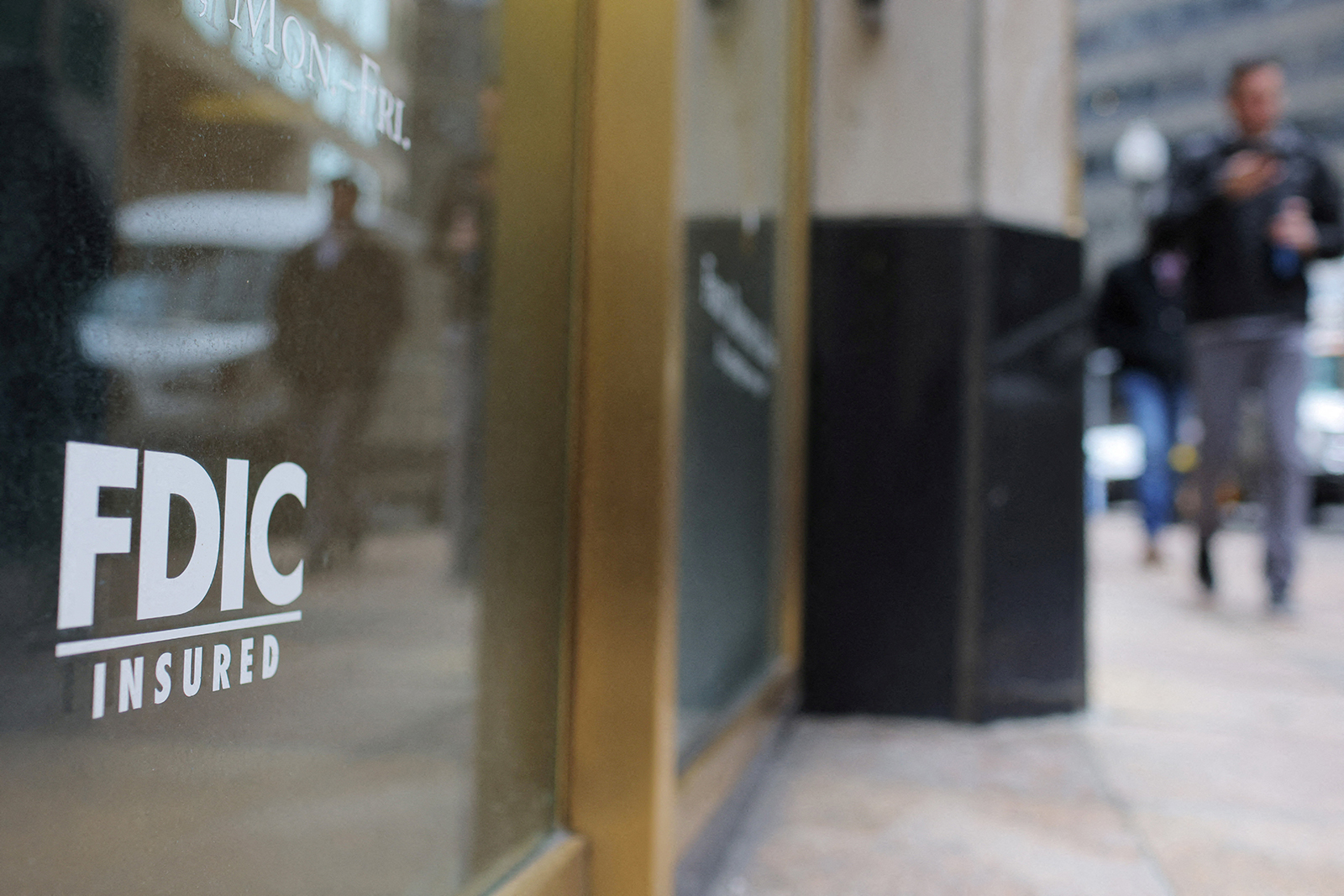
Right now, $250,000 seems to be the number on everyone's minds.
That's the Federal Deposit Insurance Corporation's standard limit, meaning any bank deposits up to that amount are protected by the independent government agency.
Before the recent collapse of Silicon Valley Bank and Signature Bank, most Americans were not worried about (or even thinking about) insurance limits on banks, since almost all US banks are backed by the FDIC.
But now there's growing support for raising that insurance cap.
Advocates, including prominent lawmakers such as Massachusetts Senator Elizabeth Warren, say such measures will help stabilize a sector on the brink and prevent future bank runs, and that the government has already made exceptions for depositors this month.
Others argue a sweeping deposit guarantee would encourage banks to engage in riskier behavior with customers' money and might essentially reward irresponsible behavior.
An insurance cap of millions of dollars would cover an amount that most Americans don't have in their bank to worry about ever having on deposit, of course.
But a cap could help small businesses operate and make payroll, among other things that would affect everyday workers, advocates say.
It would also help eliminate the incentive for large depositors in banks we all share to take their money out at signs of unease, said J. Michael Collins, a professor at the University of Wisconsin who focuses on consumer finance.
"When we know that those big depositors won't make a run and take all the money out, then we're guaranteed we can get our much smaller amounts back," Collins said.
Read more
PacWest shares slip after it announces 20% drop in deposits
From CNN's Allison Morrow
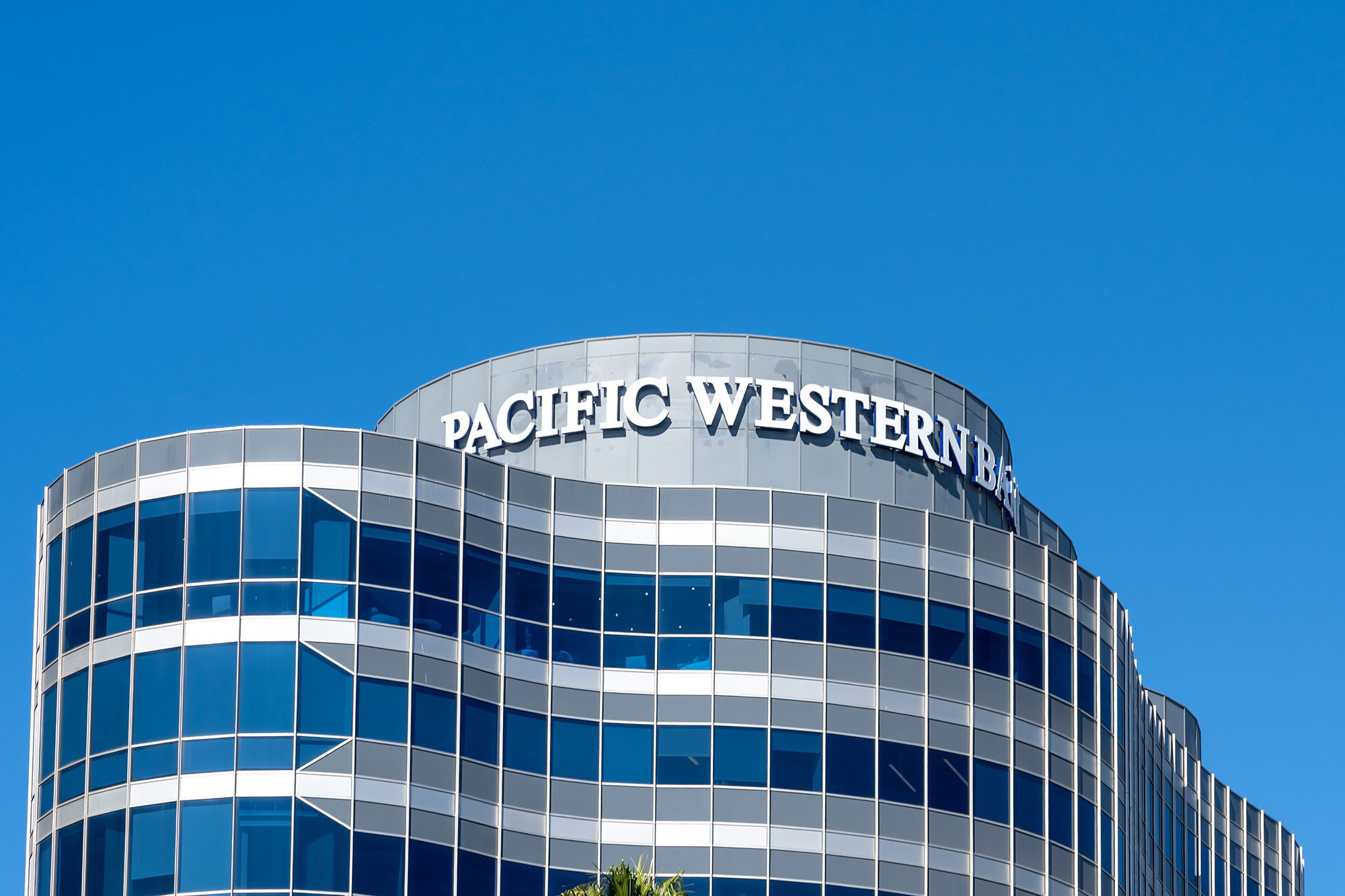
PacWest Bancorp's shares fell about 10% Wednesday morning after the bank revealed customers had drawn down some 20% of its total deposits this year.
The bank — which has been under intense scrutiny since the collapse of Silicon Valley Bank earlier this month — had nearly $34 billion in deposits at the start of the year, versus $27.1 billion this week. PacWest said in a statement that its deposits balances had "stabilized."
PacWest also said it had secured $1.4 billion in cash from investment firm Atlas SP Partners and would not go forward with a capital raise.
"In light of the current volatility in the market and depressed market prices for regional bank stocks, as well as the availability of other options to enhance capital, the Company determined it would not be prudent to move forward with a transaction at this time," the bank said.
Fed should hike rates by a quarter point, says Jason Furman
From CNN's Rob North
The Federal Reserve should hike interest rates by a quarter point, argues Jason Furman, former chairman of the Council of Economic Advisers under President Obama.
Speaking to CNN, he told Julia Chatterley, “The best move is 25 basis points, I think that’s what they will do."
He added that if it wasn’t for banking turmoil it would have been “an open and shut case” for a half-point hike. He explained that a quarter point was “enough to show they were serious on inflation.”
Stocks teeter ahead of Fed interest rate decision
From CNN's Krystal Hur
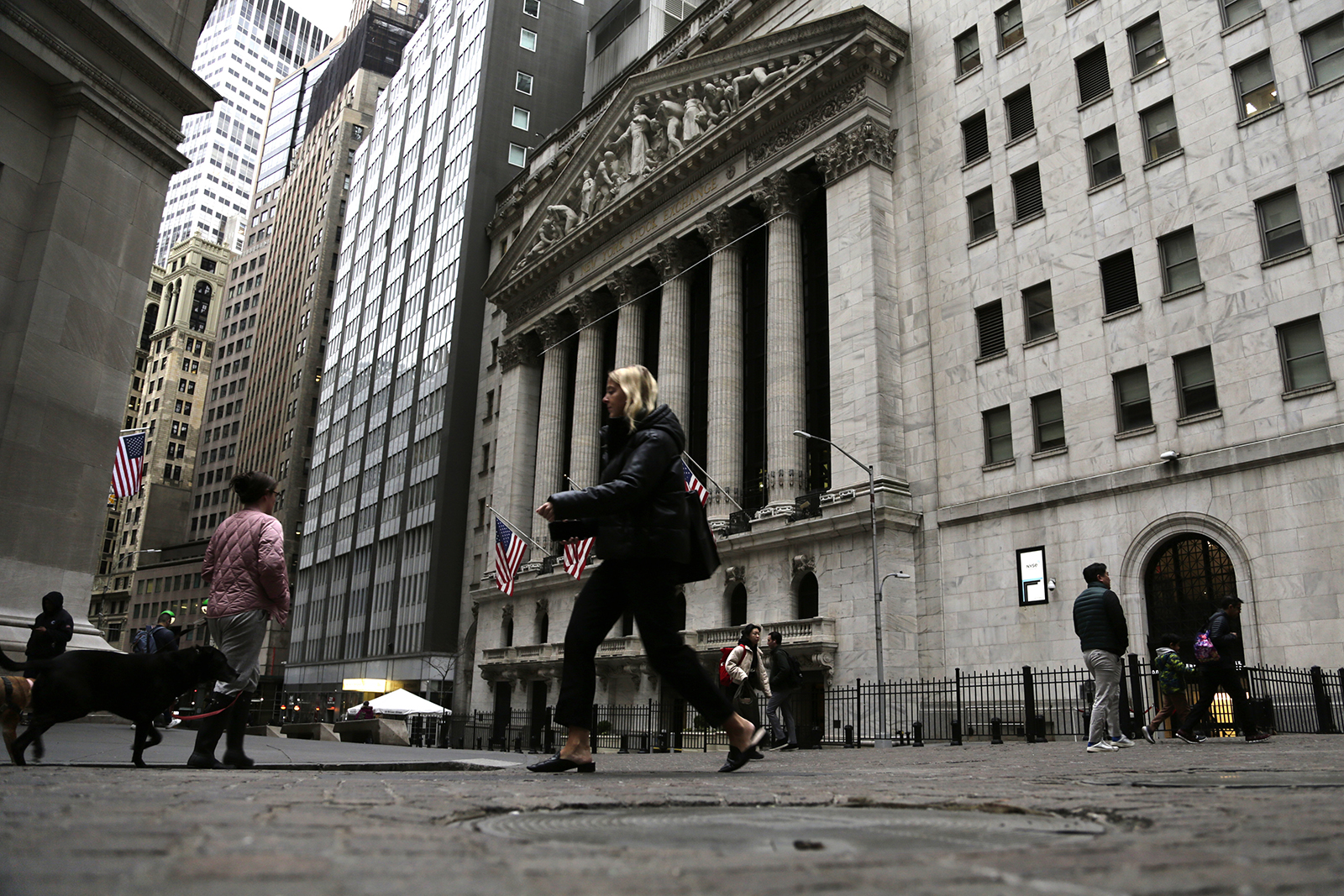
Stocks wavered Wednesday as investors awaited the Federal Reserve's interest rate hike decision at 2 p.m. ET.
Traders see a roughly 88% probability of a quarter-point rate hike, giving the central bank the chance to increase rates by that much without shocking the market.
Tuesday's rebound in bank stocks puttered out Wednesday morning. Shares of PacWest Bancorp and First Republic fell roughly 10% and 0.3%, respectively.
But Wall Street seems to have calmed somewhat — CNN's Fear & Greed Index was at 38 reading on Wednesday morning, indicating fear. That's up from 18 last week, which suggested "extreme fear" drove Wall Street.
Nevertheless, markets will likely be volatile during Fed Chair Jerome Powell's post-meeting press conference, especially as investors look for reassurance that the financial sector is safe from further trouble.
Meanwhile, US Treasury yields continued their upward trajectory. The 2-year yield rose to about 4.227% but was still below its year-to-date high close of 5.066% from earlier this month, according to Tradeweb data.
The Dow climbed about 21 points, or 0.07%.
The S&P 500 fell 0.05%.
The Nasdaq Composite declined 0.12%.
Soaring food prices push up UK inflation
From CNN's Olesya Dmitracova and Hanna Ziady
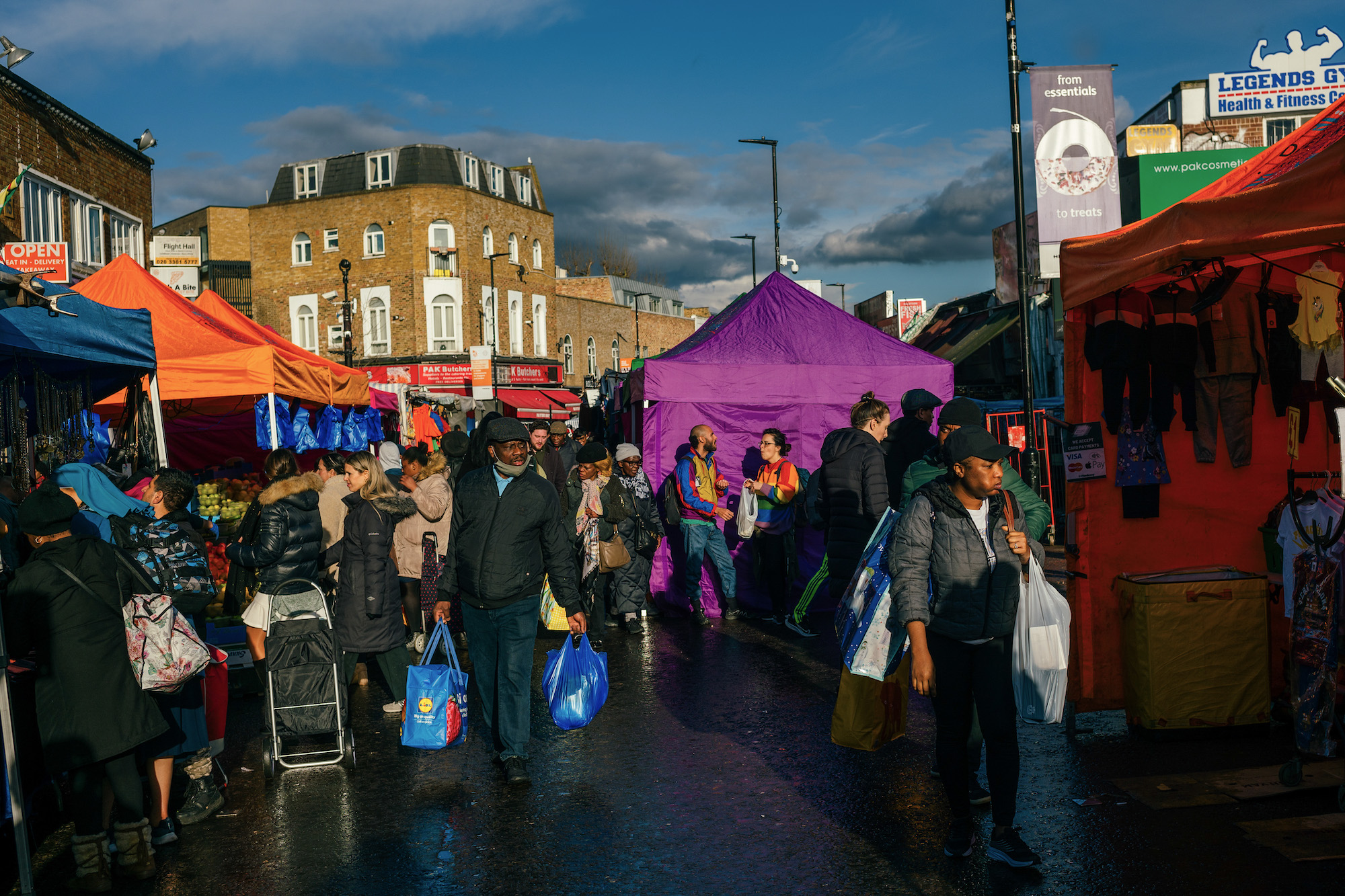
UK consumer prices jumped by 10.4% in February compared with a year ago, as food inflation hit its highest level in more than 45 years, and as the cost of visiting restaurants and hotels increased, official data showed Wednesday.
Food prices soared 18.2% through the year to February, the sharpest rise since the late 1970s. The Office for National Statistics noted particular increases for some salad and vegetable items, partly caused by shortages, which led to rationing by supermarkets.
The surprise uptick in inflation in February follows months of deceleration since the pace of price rises reached a 41-year high of 11.1% in October.
The latest figures could make it more likely that the Bank of England hikes interest rates again when it meets Thursday.
Although recent turmoil in the banking sector is expected to weaken economic activity, as lending criteria are tightened, and so dampen inflation, "the Bank of England may well want to see hard evidence of that before it stops raising interest rates," said Paul Dales, chief UK economist at Capital Economics.
"It's still a very close call, but these figures give us a bit more confidence in our forecast that the Bank will raise interest rates from 4% to 4.25% tomorrow."
But Samuel Tombs, chief UK economist at Pantheon Macroeconomics, said increases in food inflation and catering services inflation accounted for all of the rise in the headline rate and both were linked to the jump in the price of fresh food as a result of bad harvests.
"This boost should unwind over the coming months," he said on Twitter. "It makes little sense to hike rates to counter a weather-related jump in food prices."
Core inflation — which strips out volatile food and energy costs — also rose, coming in at 6.2% in the year to February, up from 5.8% in January.
The data complicates the central bank's decision over whether it should raise rates for the 11th consecutive time Thursday — and makes it harder for the government to deliver on its January pledge to halve inflation this year.
And Britons are still getting poorer. Wages rose 6.5% in January compared with a year prior, far below the inflation rate both that month and in February.


